Fight School Drop Out In Rural Myanmar
It is a real challenge for children in Tedim to go to school. This child sponsorship is a unique opportunity for these children to […]
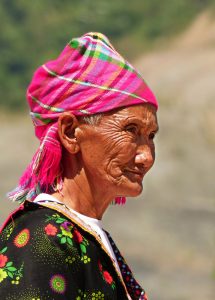 The Oxford definition of an ethnic minority is “A group within a community which has different national or cultural traditions from the main population.” There is an abundance of ethnic groups (“ethnic groups”, “minorities”, “groups”, “communities”) in Southeast Asia. The Rohingya, the Karen, the Chin are a few of the minority groups you might have already heard from. A rich culture, an ongoing tradition and an ancestral heritage are just a few examples among a long list making an ethnic group very unique. Unfortunately, it also appears that many ethnic minorities don’t have access to education, face unemployment, poverty and have a low development of their community.
The Oxford definition of an ethnic minority is “A group within a community which has different national or cultural traditions from the main population.” There is an abundance of ethnic groups (“ethnic groups”, “minorities”, “groups”, “communities”) in Southeast Asia. The Rohingya, the Karen, the Chin are a few of the minority groups you might have already heard from. A rich culture, an ongoing tradition and an ancestral heritage are just a few examples among a long list making an ethnic group very unique. Unfortunately, it also appears that many ethnic minorities don’t have access to education, face unemployment, poverty and have a low development of their community.
Ethnic minorities are common in Southeast Asia but most of these groups do not have a formal recognition of their status. This lack of acceptance is a major problem and results in critical issues highlighted further in this article.
Children of the Mekong has been involved with ethnic minorities for decades. Our aim is to support education for these minorities and helping them to improve their standard of living. At our level, we want to help these minorities and stop this current trend of minorities being excluding from essential developments.
Ethnic minorities are common in Southeast Asia but most of these groups do not have a formal recognition of their status. The acknowledgment but the none-acceptance of these communities creates issues. As a matter of fact, being part of an ethnic minority is often accompanied by prejudice and discrimination. Ethnic minorities tend to be at a disadvantage in most situations, most often because they are stigmatized as different from the majority of the population. These communities are excluded from basic “elements of a society” anyone should pretend to.
The issues faced by minorities cannot be taken lightly as it has a direct impact on their lives. By being “outsiders”, the vast majority of these minorities have difficult access to basic health services or education. Health disparities among ethnic groups is a reality in Southeast Asia. Additionally, some of these communities live in remote areas and the lack of infrastructure makes it harder for them to get out of this vicious circle.
Our child sponsorship programme in Tedim supports children education in Chin State, one of the poorest states of rural Myanmar. This sponsorship offers the opportunity to help a child from a minority to get an education.
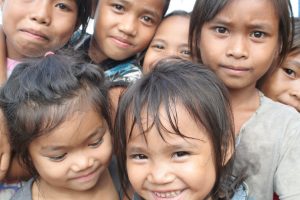
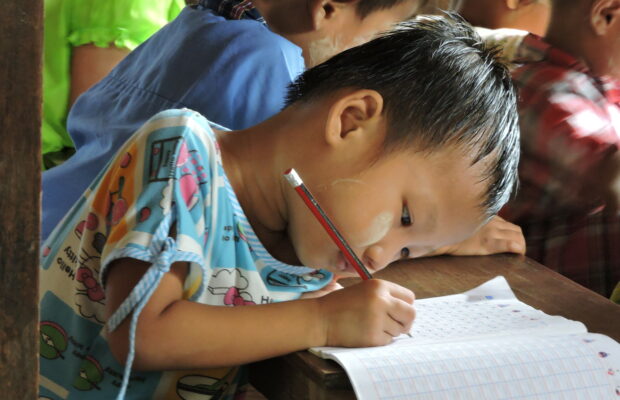
It is a real challenge for children in Tedim to go to school. This child sponsorship is a unique opportunity for these children to […]
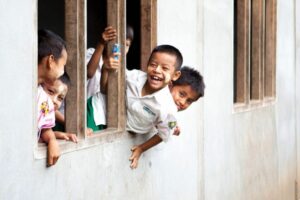
It is essential to speak and understand the official language of a country in order to find a job or for children to go to school. Most of the minorities have their own dialects and are not able to speak the official language. This is a major obstacle especially for their children who might be aspiring for life outside the community or simply to go to school. When children speak their own ethnic dialects, they find it difficult to master the official language used at school.
In fact, most ethnic minorities children still do not go to school and this is not only due to the lack of understanding of the official language. Often, they live far from any school establishment and their parents prefer them to stay at home to help with household chores or in the field. At Children of the Mekong, we want to help poor families who do not have enough money to send their children to school. We aim to help these parents who are worried about their children not getting the appropriate education. We believe that education should be made accessible to children who have a true desire to get one.
Simply put, pursuing an education is key for these minorities as it gives them more chances in life:
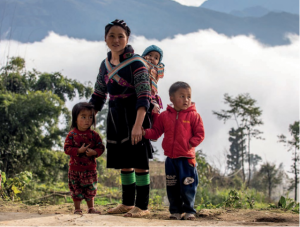 At Children of the Mekong we truly value the ethnic minorities. We have been helping this vulnerable population for years. By spending time with them we are more than ever aware of the richness of their group. We aim to help them to preserve their uniqueness but fight again their exclusion.
At Children of the Mekong we truly value the ethnic minorities. We have been helping this vulnerable population for years. By spending time with them we are more than ever aware of the richness of their group. We aim to help them to preserve their uniqueness but fight again their exclusion.
Helping them is essential to us to enable them to shape their future according to their hopes.
By sponsoring a child of an ethnic minority with Children of the Mekong you are giving a real opportunity for him/her to change its fate.

It is a real challenge for children in Tedim to go to school. This child sponsorship is a unique opportunity for these children to […]
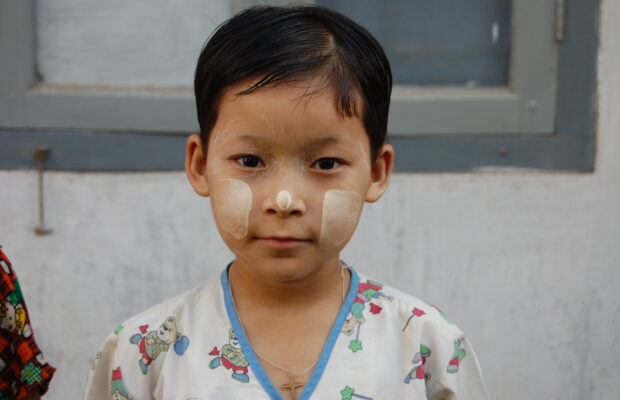
Sponsor a child from Myanmar
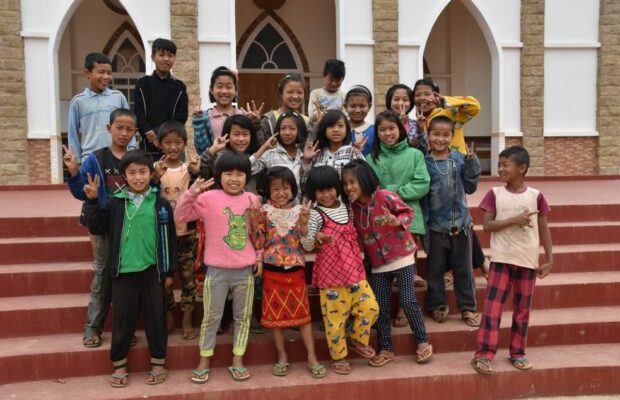
The Nam Khai programme supports the education of children who live in an isolated rural region plagued by armed conflict, drug trafficking and human […]

In central Vietnam, Mr. Trang is fighting a relentless battle against injustice and poverty. He is surrounded by an army of young people with […]
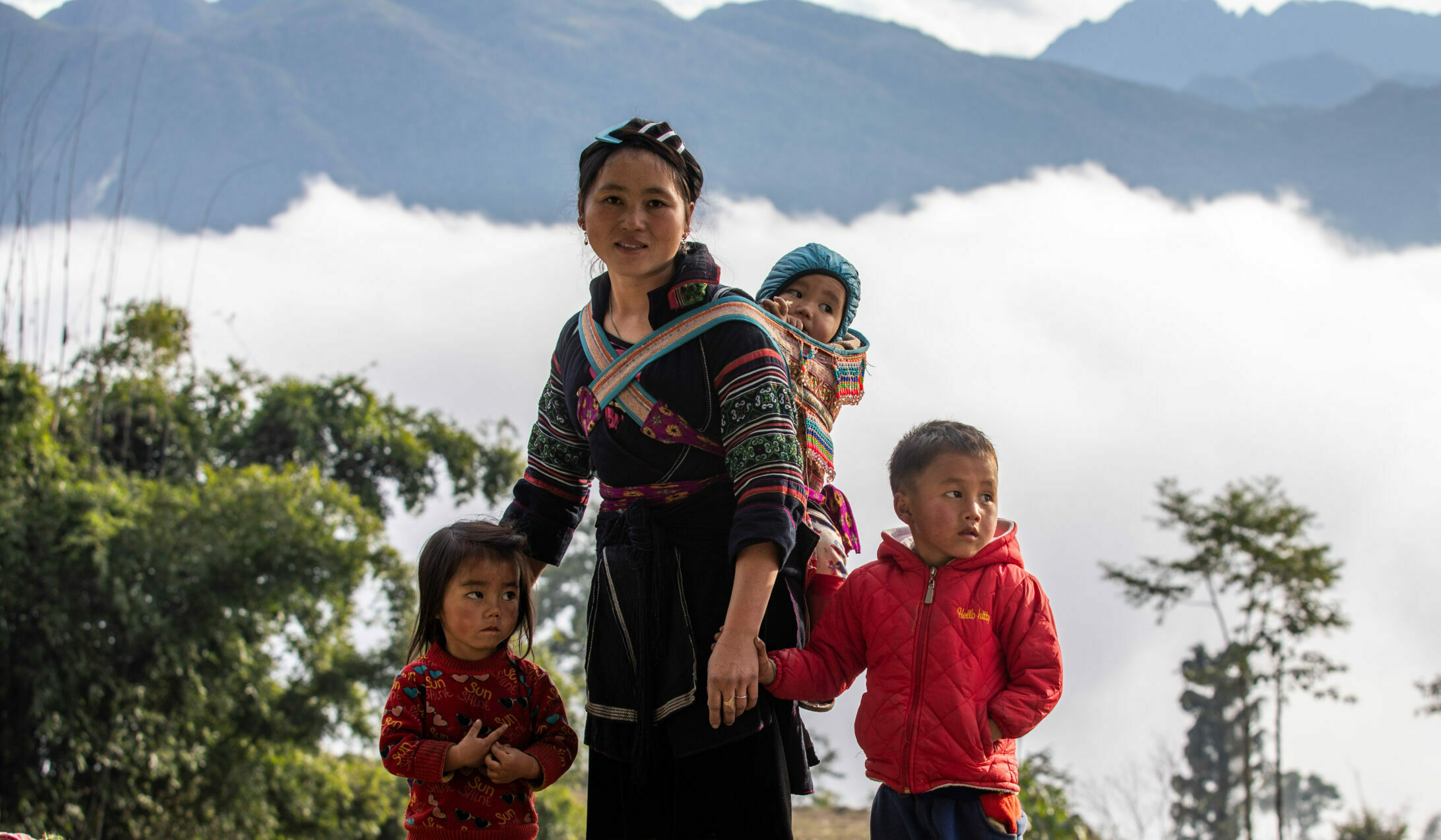
How does education play a part in the lives of the Hmong people, an ethnic minority group? Text by Khanh Linh Tran and Grâce […]
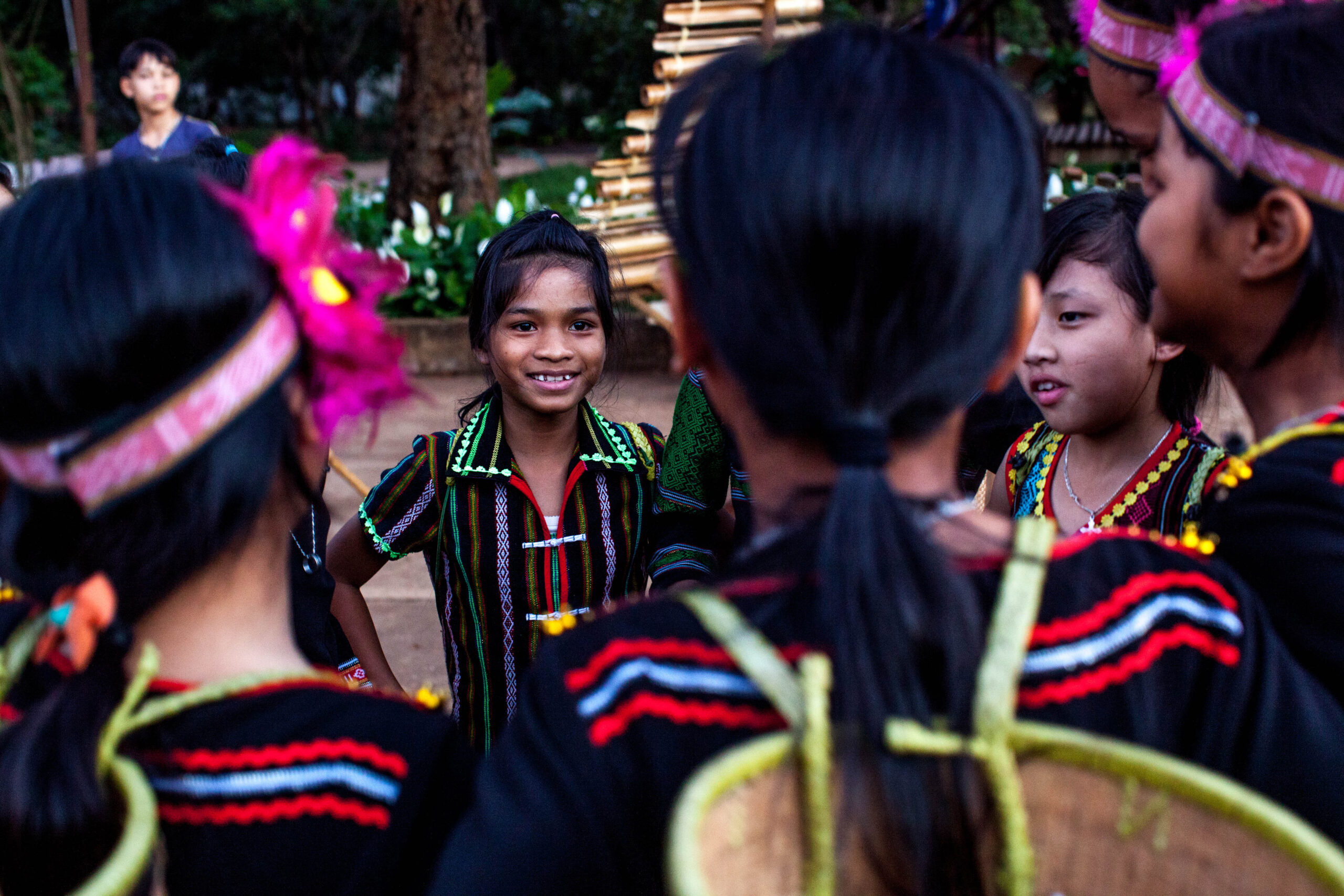
Who are the Ede, or Rhade people, an ethnic minority group in Vietnam? Text by Carla Pelosoff
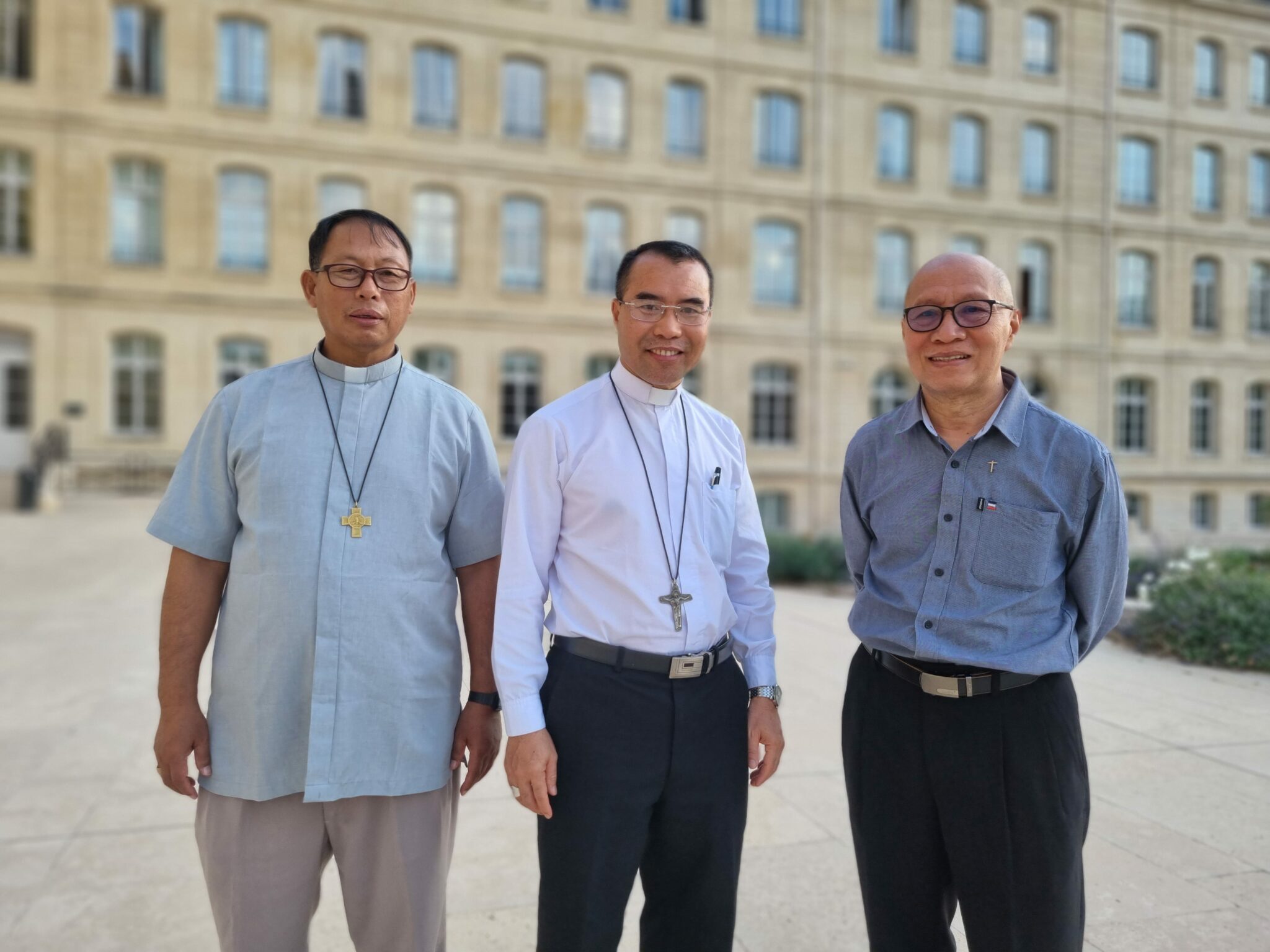
Since the beginning of the military coup d’etat in February 2021, the people continue to live in serious dangers and uncertainties in every aspect […]